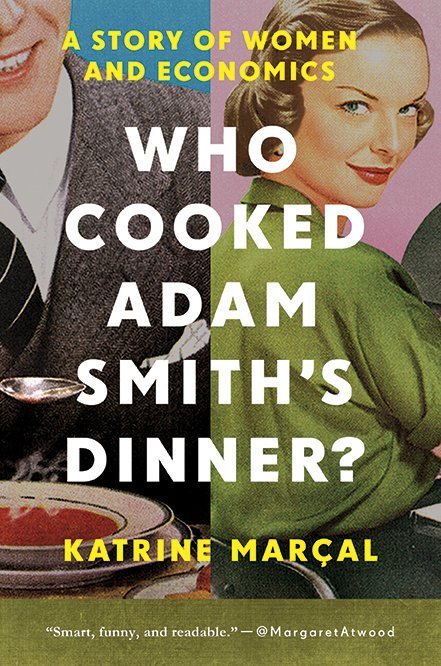Economics of Ice and Fire part 3: The market for dragons.
Jared Sperli stashed this in GoT
Stashed in: Economics!, Game of Thrones!
enjoy
Bawhahaha:
There are very few dragon sales happening, so the price of dragons hinges entirely on the idiosyncratic decision-making leading up to a single transaction. Nobody knows what price a dragon would fetch if Daenerys tried to offer it up at a widely publicized auction. What we know (from the books where the transaction is spelled out in more detail) is that Kraznys Mo Nakloz is willing to trade 1,000 Unsullied for the goods carried by the Vhagar, the Meraxes, and the Balerion and to trade 1,000 more for the three ships themselves. But for her plan to work, Daenerys needs to buy all 8,600 Unsullied. Krazynys agrees to sell the whole lot for the three ships, their contents, and a single dragon. Hence a dragon is worth 6,600 Unsullied, a ship is worth 333 Unsullied, and thus a dragon is worth approximately 20 ships. Spoilers are involved in the details, but from the books we know that Sallador San has at least 29 ships left after the Battle of Blackwater, so in pure financial terms, three dragons does not seem to make House Targaryen all that rich compared to the great houses of Westeros. Certainly, though, it's valuable property.
But as we said, it's a thin and illiquid market.
Dragons are priceless.
Great lesson in asymmetrical information:
A related issue—one that Kraznys neglects to his misfortune—is assymetrical information. When someone offers you a dragon for 6,600 Unsullied, you ought to be suspicious. Why is she so willing to sell? What does she know about the dragon that I don't know? Among other things, she has three dragons. Is she trying to sell me a lemon? A similar issue exists on the other side of the transaction, but it's not so severe. Daenerys doesn't know nearly as much about the Unsullied as Kraznys does, but she is aware that the ongoing propserity of Astapor has a lot to do with the Great Masters' ability to maintain a credible brand. The Unsullied, in particular, have a very strong brand identity regionally. When you book yourself into a Ritz Carlton, you're being asked to commit to pay a price premium over less fancy hotels without getting a chance to inspect the facilities yourself. What you're supposed to believe is that Ritz Carlton's ability to demand that price premium depends on them maintaining a strong brand. Their interest in serving you well is part of a larger interest in preserving the brand.











9:29 PM Apr 26 2013